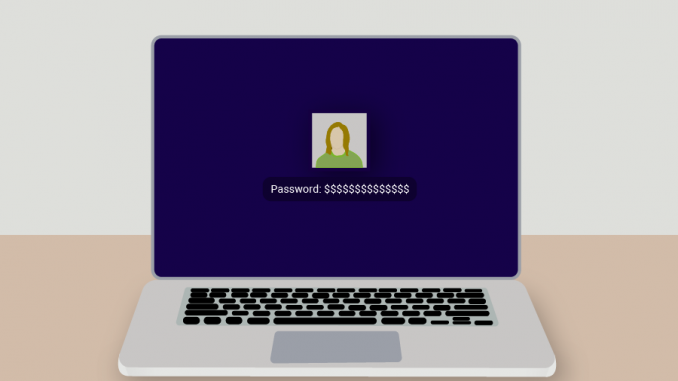
Freshman year at Temple, I used a laptop that I received from my aunt when I was a freshman in high school. The outdated technology never connected to Temple University’s wifi, so I seldom used it and relied heavily on the TECH Center to do my homework and assignments.
Pandemic aside, the advancement of technology has brought us to a point where we cannot imagine being able to attend school without a laptop. However, students from low-income backgrounds face struggles that professors may neither realize nor understand.
The COVID-19 pandemic exposed the technological divide outside of the classroom. While some students worked on their up-to-date computers with high speed internet, others had to find creative ways to tune in, as libraries and other public spaces with free Wi-Fi and laptops were closed.
On June 17, the College of Public Health sent an email requiring all students to have a laptop with a working camera and microphone, as well as updated programs, like Microsoft and Adobe. The university had been planning on enacting this policy for “some time now,” according to the email. Unfortunately, this policy does not take into account the plight of students who already could not afford a high quality laptop before the pandemic began.
The College of Public Health encourages students who cannot afford a laptop to use student loans to purchase one as this is considered part of the materials needed to complete the degree, according to the email. Students also have the option to borrow a laptop from one of the laptop kiosks on campus, but those laptops are short-term loans and are not intended to be brought home.
It is absurd to suggest students take out more student loans on top of the loans they may already have to cover the cost of tuition. Loans are a last resort, not the default. Rather than implying that students from low-income backgrounds must take a financial risk, Temple should do everything in its power to ensure everyone has a functional laptop without going into debt.
Ryan Feuerstein, a senior sports and recreation management major, said it is Temple’s responsibility to supply students in need with free laptops and to give exceptions to students with broken equipment this semester.
“If it’s that absolutely necessary, let alone the fact that they’re not cutting tuition for online classes, they can supply us with one,” Feuerstein said. “For what it’s worth, I don’t have a working webcam, nor do I intend on going out of my way for one. ”
Limited resources are available for students who do not have the technology required for class. Those in need can fill out a form from the Dean of Students emergency aid fund for financial assistance for long-term computer loans, according an Aug. 5 email.
While computer proficiency is essential in most careers, the College of Public Health should be the most understanding when it comes to how the COVID-19 pandemic has inadvertently affected students’ lives.
Bari Dzomba, a health informatics professor, said the College of Public Health has an obligation to aid students who need help accessing technology.
“Public health needs to take the approach that technology is an aid, not an end all, be all,” Dzomba said. “If we’re going to have courses that teach policy programs, then why do we not have public health policies for our own students?”
One in five students said they lacked a functional laptop during the beginning of the pandemic, according to a June report by the Hope Center for College, Community and Justice.
“Students should never feel ashamed to have to ask for help,” said Maureen Scully, an executive assistant at the Hope Center. “It’s a tough time for everybody and we need to make sure that everybody is on the same page because you really don’t know what type of situation or home environment people are living in.”
Moreover, the College of Public Health, in addition to every college at Temple, must remember their students from low income backgrounds who are struggling now more than ever before in this unprecedented time.
“Being patient is the most important thing in this situation,” Scully added. “I think it’s important because it’s giving invisible students some visibility.”


Temple definitely should be more understanding and helpful in getting students the materials and resources they are told they need to have so they can have a successful semester! Its easier to say someone needs to have something on hand than coming up with ways to get it to them if they need help, or let them know that there are resources at Temple that can help them be provided technology. Don’t leave low-income and disadvantaged students behind!